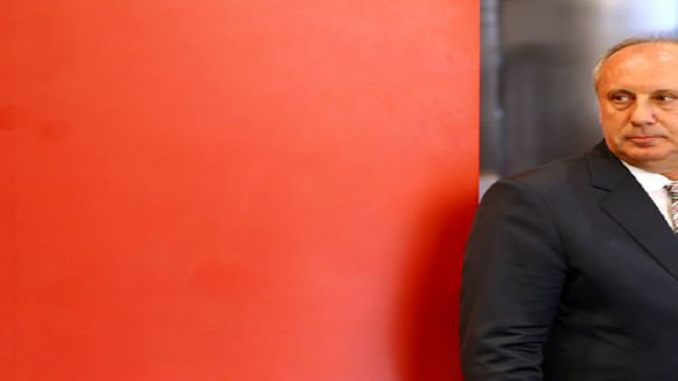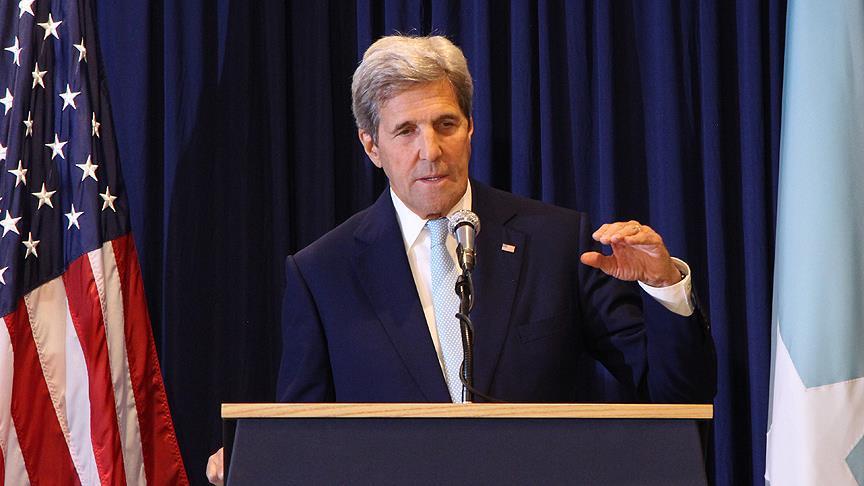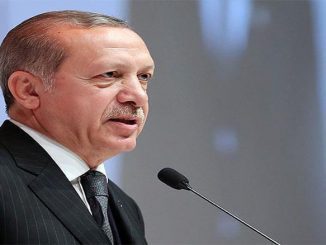
The main opposition Republican People’s Party (CHP)’s parliamentary group officially announced on Friday that its candidate for the upcoming presidential elections on June 24 would be Muharrem İnce, its Yalova deputy
Muharrem İnce: is a Turkish politician from main opposition party CHP, joined parliament in 2002, served as CHP group leader between 2010 and 2014, ran for CHP chairman in 2014 and 2018 but lost both times
İnce was seen as the strongest possible candidate by political circles close the party, while CHP leader Kemal Kılıçdaroğlu made it clear that he will not run for president, a decision criticized by some party members as well.
Speaking after the announcement, İnce dodged questions by journalists saying that party’s chairman Kılıçdaroğlu will make announcement today at 10 a.m. on the issue. “Don’t hurry, and don’t expect any information from me about this issue as our chairman will make an announcement soon. Everything is going to be all right when the right time comes,” he said.
A strong rival against the current CHP chair Kılıçdaroğlu from within the party, İnce comes from a moderate conservative background. The 53-year-old deputy is also portrayed as a populist and a pragmatic figure. The CHP electoral base and party provincial branches reportedly support İnce, who has been a deputy of Yalova province for the CHP since 2002. İnce also failed twice to win against Kılıçdaroğlu for party chairmanship.
The CHP’s inability to find a candidate against main rival, President Recep Tayyip Erdoğan, has also irked the party’s electoral base. The CHP’s traditional center-left voters criticize the party for leaning towards possible center-right candidates.
Last month, the parliament passed a bill calling for early elections on June 24, cementing Turkey’s move to a presidential system.
In the April 2017 referendum, Turkish voters approved the switching from a parliamentary system to a presidential one.
Under the changes, the number of lawmakers in parliament rises to 600 from 550, presidential and parliamentary elections are held every five years, and presidents can retain ties to their political party. The prime minister post is also abolished.



